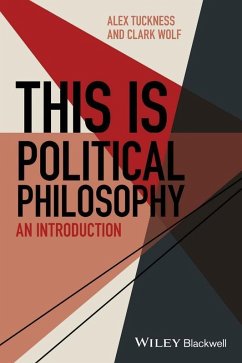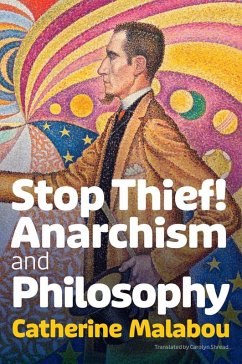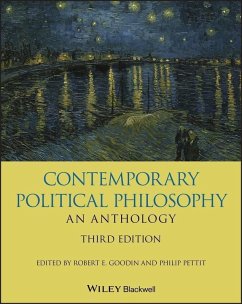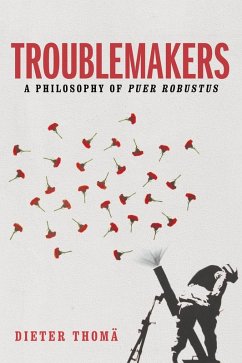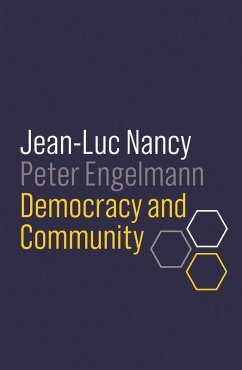
This Is Political Philosophy (eBook, ePUB)
An Introduction
Versandkostenfrei!
Sofort per Download lieferbar
32,99 €
inkl. MwSt.
Weitere Ausgaben:

PAYBACK Punkte
0 °P sammeln!
This is Political Philosophy is an accessible and well-balanced introduction to the main issues in political philosophy written by an author team from the fields of both philosophy and politics. This text connects issues at the core of political philosophy with current, live debates in policy, politics, and law and addresses different ideals of political organization, such as democracy, liberty, equality, justice, and happiness. Written with great clarity, This is Political Philosophy is accessible and engaging to those who have little or no prior knowledge of political philosophy and is suppo...
This is Political Philosophy is an accessible and well-balanced introduction to the main issues in political philosophy written by an author team from the fields of both philosophy and politics. This text connects issues at the core of political philosophy with current, live debates in policy, politics, and law and addresses different ideals of political organization, such as democracy, liberty, equality, justice, and happiness. Written with great clarity, This is Political Philosophy is accessible and engaging to those who have little or no prior knowledge of political philosophy and is supported with supplemental pedagogical and instructor material on the This Is Philosophy series site. Available at https://www.wiley.com/en-us/thisisphilosophy/thisispoliticalphilosophyanintroduction
Dieser Download kann aus rechtlichen Gründen nur mit Rechnungsadresse in D ausgeliefert werden.




